Mozambique becomes the 46th country to join the Blue Heart Campaign against Trafficking in Persons
Mozambique: Journalist Chissale accuses police of repression, says prison conditions “terrible”
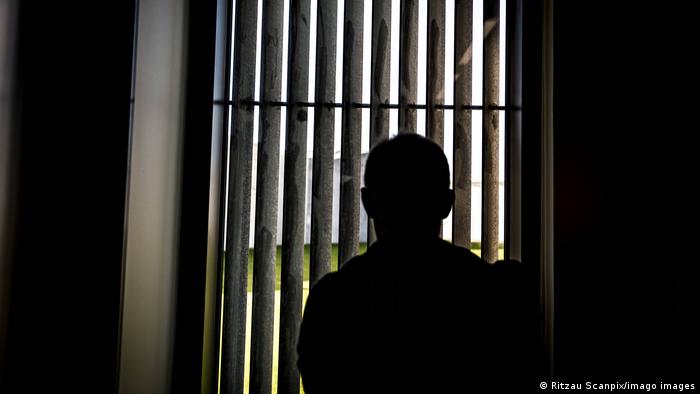
Illustrative photo: DW
In an exclusive interview with DW, Mozambican journalist Arlindo Chissale says that his detention was illegal and a form of retaliation for being a member of the political opposition. And he denounces the inhumane conditions of his detention.
caption – Mozambican journalist Arlindo Chissale is free, after being arrested last week in Cabo Delgado province.
The District Attorney’s Office accused Chissale of having travelled to the district to gather information to foment terrorism. But on Friday (04-11), the Balama District Court granted the journalist provisional release.
DW Africa: You have just been released by the Balama District Court. What happened?
Arlindo Chissale (AC): The court came to understand that my detention was illegal. Not just because I was a stranger in the Bolama district, where I arrived for the first time and was waiting for the governor of the province. The restaurant owner reported to the police that there was a person from outside the area in his restaurant. In the searches, all illegal, they took my phones, they did all kinds of searches for a long time, but only now was the court able to understand that it was illegal.
I’ve always been a journalist, but in Balama, specifically, I didn’t come to do journalism. I came to do active politics. If all goes well, if it becomes known that Balama will be a municipal village, we will have good reasons to come and run for Balama. I will probably come to help the Renamo party. That’s the reason that brought me here. So the police got very worn out because it was an opposition party [supporter] and even more so because it was a journalist. They had two very skewed pieces of information. I’ve always been a journalist and I had the credential in my briefcase. We came back with the police, to pick it up at the boarding house. They checked, but they didn’t like the journalist’s presence and they didn’t like the mention of the party I came here to give a push.
DW Africa: Why this arrest? What was the police’s explanation?
AC: They didn’t give an explanation. They asked me to accompany them. There were three policemen at my door, at the door of room Number Three in the boarding house, and there was the police car outside the boarding house. They took me to jail. It’s a very, very bad jail. They don’t serve a single meal to any inmate. And there are about 30 prisoners there, suffering because there is not even drinking water.
DW Africa: Were these the conditions in which you were detained all these days?
AC: Yes, yes. There is no blanket. There are only mosquitoes, lots of ants at night, nobody sleeps, lots of bed bugs. It’s a pigsty, but it’s the district jail.
DW Africa: Were you able to notify anyone of your arrest?
AC: I couldn’t inform anyone. I was banned from even touching a phone for the entire six days.
DW Africa: Did you experience any violence during your detention?
AC: Insults. Many insults: ‘You pass yourselves off as journalists. We will look into who sent you.’
DW Africa: In your opinion, do attitudes like these towards journalists harm the fight against terrorism in Cabo Delgado?
AC: I don’t want to link this to terrorism, but the truth is that these words make journalists not write about terrorism. But I write and have always written.
DW Africa: What do you intend to do now that you have been released?
AC: Well, I have to come up with another package, or another paper, with another vision. There are many people being tortured here and in worse conditions than mine. I saw a lot of people come in and be tortured by the police. Many sleep in the open. I have photographs, I also have some illustrations.
DW Africa: Do you intend to take your case to justice, because of this illegal detention?
AC: No. It’s a caricature. It won’t work, because it’s systemic.


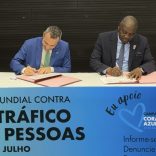
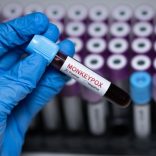

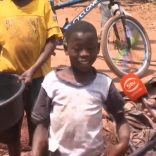
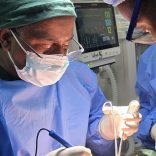
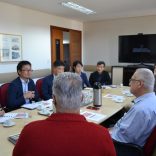




Leave a Reply
Be the First to Comment!
You must be logged in to post a comment.
You must be logged in to post a comment.